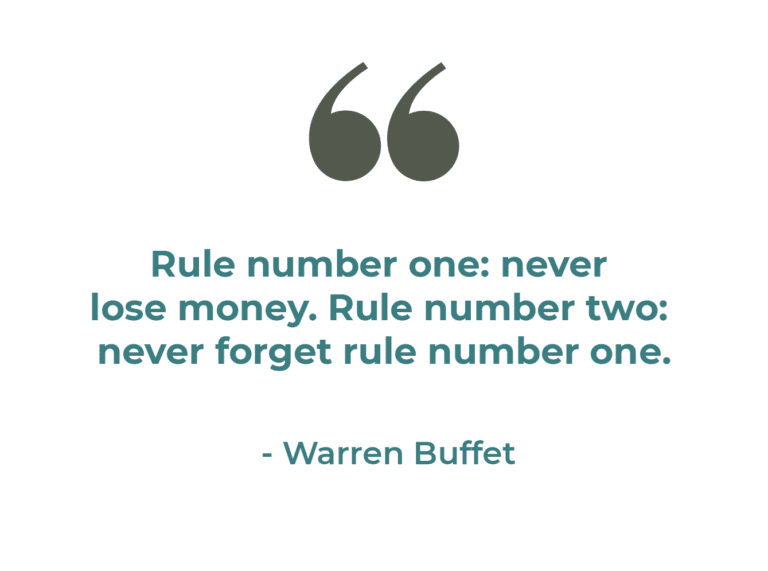Kevin Monserrat
It’s no secret that startups need to access and retain the best talent to win. In a world where money is tight and time is of the essence, bringing in an outsider who has the skills and expertise to get the job done well is an invaluable resource – but it’s not always as black and white as you’d think.
Most pre-seed and seed startups have limited funds to work with. What’s worse is that they have to execute and demonstrate their business potential with almost nothing. They have the market knowledge to get things off the ground, but they don’t have all the skills needed to get everything right. That’s where portfolio professionals like you can make a meaningful difference.
You add significant value and help accelerate their business, so surely you would get paid handsomely to do so, right? Well, yes, but it can get a bit complicated.
What it really means to work with a startup
Working with startups can be really exciting – but it can also be less lucrative than those big corporate jobs, at least in a short-term cash flow sense. That’s why it’s important to know the risks and realities early on, to save you from an uncomfortable conversation down the line.
Of course, there are thousands of reasons why you absolutely SHOULD work with startups.
First of all, it’s a great way to impact a growing, purpose-driven business. Then there’s the fact that it’s exciting, fast-paced professional experience. You can use this work as a case study for future pitches and it may even open doors to a wider network of clients that you didn’t have access to before.
Most of the time, portfolio professionals work with startups because they’re attracted to the mission. So when you’re deciding to take a startup gig, just be sure to consider the risk appetite and how it will fit in amongst the rest of your workload. Think of it like an investment in your portfolio. That said, you need to be clear upfront about financial remuneration and share options (if that’s the route you chose to go).

There are a few ways startups prefer to pay contracted professionals for work. Let’s take a closer look at your options.
Option 1: Cash – no risk, no upsides
Being paid in cash is the simplest (and therefore the most commonly used) practice for portfolio professionals. That means you’re just getting paid for hours worked at an agreed upon rate, with no extras like sweat equity or shares. In most cases, the startup will try to haggle down your rates even if you’ve taken their smaller budgets into consideration.

Expect to work more than you had planned for. Startups are never as prepared as you’d assume – it’s simply the nature of the industry. You’ll likely end up doing more work and more hours that you probably won’t charge for, meaning you’re earning less per hour than what you actually deserve.
You’ll still get paid the amount you agreed on – so it’s not like they’re trying to deceive you – but the scope creep is likely to impact the overall amount of work that you do. That’s why there’s not a whole lot of risk (you get paid what you asked for) but also no upside (you’ll do more work than anticipated). At this point, it’s too late to ask for options or equities, so you’ll have to settle for the initially agreed upon terms. But at least you walk away with cash-in-hand!
Option 2: Sweat Equity – high risk, limited upsides

When startups don’t have the cash to afford you, they may offer to pay you in sweat equity. Some portfolio professionals choose this route when the organisation’s mission really resonates with them. You won’t see money straight away, but you could make a nice little chunk of change over time once the business gets the proper investment and backing – and a higher valuation. That being said, it could take years before you see any returns.
In this situation, you’re exposed to the same level of risk as an angel investor. There is a little more upside, in that if the company does well and you continue to work with them you may be offered paid work one day.
There are a few scenarios where this can go wrong, so make sure to consider these before you agree on anything. If the startup is raising money, new investors will look at the capital and ask how much equity you’re owed. Some may want to buy you out right away if shares weren’t issued – in that instance, you may end up walking away with less than expected. Others may want to keep you on for a while and make you a full shareholder.
This can be a great experience, but it’s also very risky. Given the startup failure rate, you have a 10% chance of coming out of this richer than you came into it. But the fact that the company is investing in experts like you shows tact and savvy – which is a good sign – and hopefully you can increase their chances of success.
If you decide to work for sweat equity, you should have an agreement in place that covers the following:
- Equity terms: What is the total amount of equity you will be granted?
- Milestones: Are there any milestones you have to meet in order to get your equity? For example, you may have to complete development of a particular system before you receive the equity.
- Services: What services will you have to provide?
- Termination: How can you exit the contract if you’re unhappy with the work at hand?
It may be worth discussing a combination of up-front payment and sweat equity options. That way, you still walk away with some cash whilst building up long-term profits through your shares.
Option 3: Turning sweat equity into a new asset class

At Consilience Ventures, we’ve taken a radical approach by turning sweat equity into a new asset class. That involves selecting high potential startups and identifying the expertise they need to succeed. Then, we transform a portion of their equity into a digital currency that can be paid out to supporting portfolio professionals in return for their services. In other words, there’s less risk involved and you’re more likely to get paid what you deserve.
The results have been fantastic thus far – startups can leverage more experts than they would have been able to afford with only cash payments and portfolio professionals get an understandable, tangible payout in sweat equity, enabling long-term wealth creation. It’s a win-win!
Have experience working with startups?
Share your advice with the TPC community. Every startup is different and each will have their own preferences around how they pay their contract workers, but it helps to approach each project with the right knowledge and caution to ensure you’re not putting yourself in a money-losing situation.
Think this sounds like the right path for you? Come along to our monthly Get started event for new members to find out what a portfolio career could look like and how The Portfolio Collective can help you take those first steps towards professional success – and don’t forget to connect with our community!




